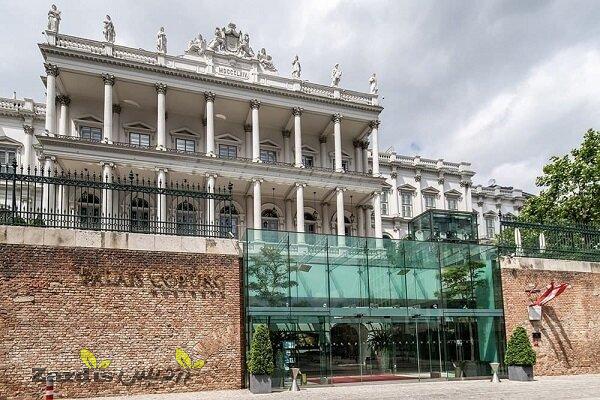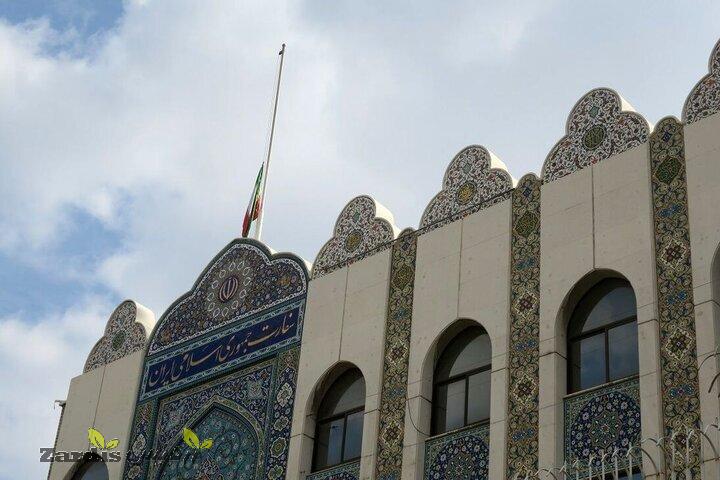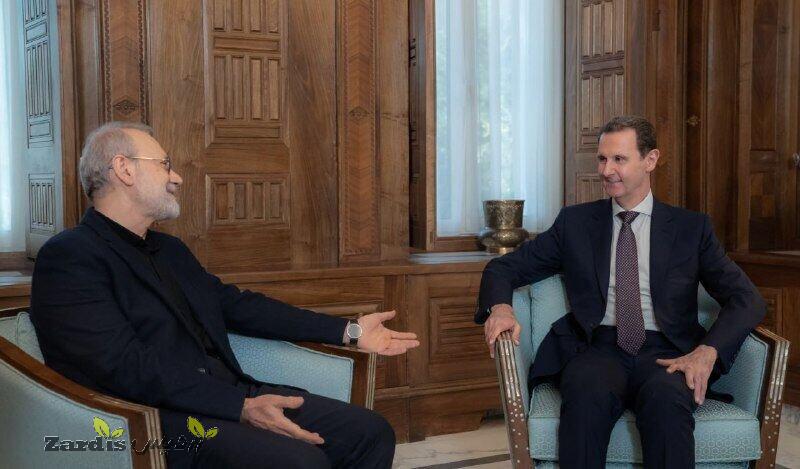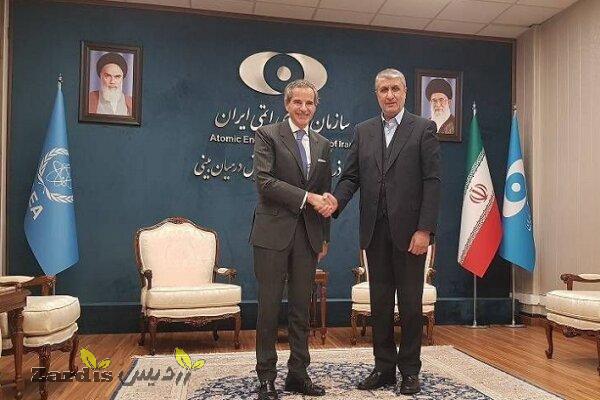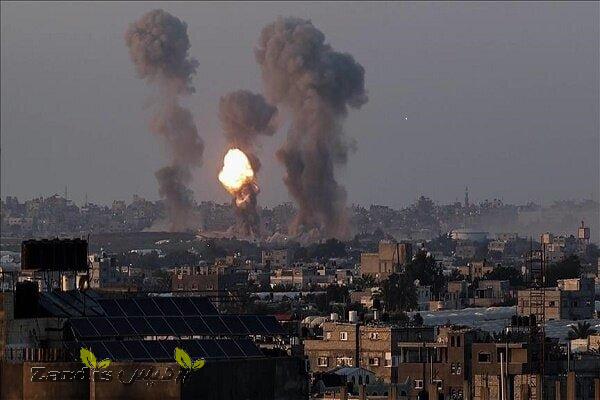Speaking on condition of anonymity, the source told the IRNA news agency that the French negotiating team did not play a “constructive” role in the negotiations and that it significantly slowed down the pace of talks by throwing a wrench in the process.
“The presence of French representatives at the G7 foreign ministers’ summit in Liverpool and their two-day absence at a time when delegations in Vienna were working on the drafts in the previous round of negotiations led to significant progress. However, after their return from Liverpool, a disruptive trend started again,” he said.
“The drafts had reached an acceptable level [of agreement], but following the return of the French envoys from the Liverpool conference and their expression of opposition to the drafts, the course of the talks was disrupted. This gave rise to certain arguments in the internal meeting of the P4+1 countries.”
On Thursday, Iran’s Foreign Minister Hossein Amir-Abdollahian criticized “non-constructive” stances taken by some European signatories to the 2015 deal, officially known as the Joint Comprehensive Plan of Action (JCPOA), during the previous round of the Vienna talks.
Former US President Donald Trump unilaterally left the JCPOA in May 2018 and re-imposed the anti-Iran sanctions that the accord had lifted. He also placed additional sanctions on Iran under other pretexts not related to the nuclear case as part of his “maximum pressure” campaign.
Following a year of strategic patience, Iran decided to let go of some of the restrictions on its nuclear energy program, resorting to its legal rights under the JCPOA, which grants a party the right to suspend its contractual commitments in case of a non-performance by the other side.
The US administration of President Joe Biden had voiced a willingness to compensate for Trump’s mistake and rejoin the deal, but it has retained the sanctions as leverage.
Envoys from Iran and the P4+1 group of countries — Britain, France, Russia, and China plus Germany — began negotiations in the Austrian capital in April in a bid to resurrect the JCPOA.
The first round of the talks under Iranian President Ebrahim Raeisi’s administration started on November 29 following a five-month pause.
During the discussions, which concluded on December 17, Iran presented two draft texts which address, separately, the removal of US bans and Iran’s return to its nuclear commitments under the JCPOA.
The next round of the talks is expected to resume on December 27.
ZZ/PressTV
Zardis news | The latest news of Iran and the world
تمامی حقوق مطالب برای "Zardis news"محفوظ است و هرگونه کپی برداری بدون ذکر منبع ممنوع می باشد.
طبق ماده 12 فصل سوم قانون جرائم رایانه ای کپی برداری از قالب و محتوا پیگرد قانونی خواهد داشت.
